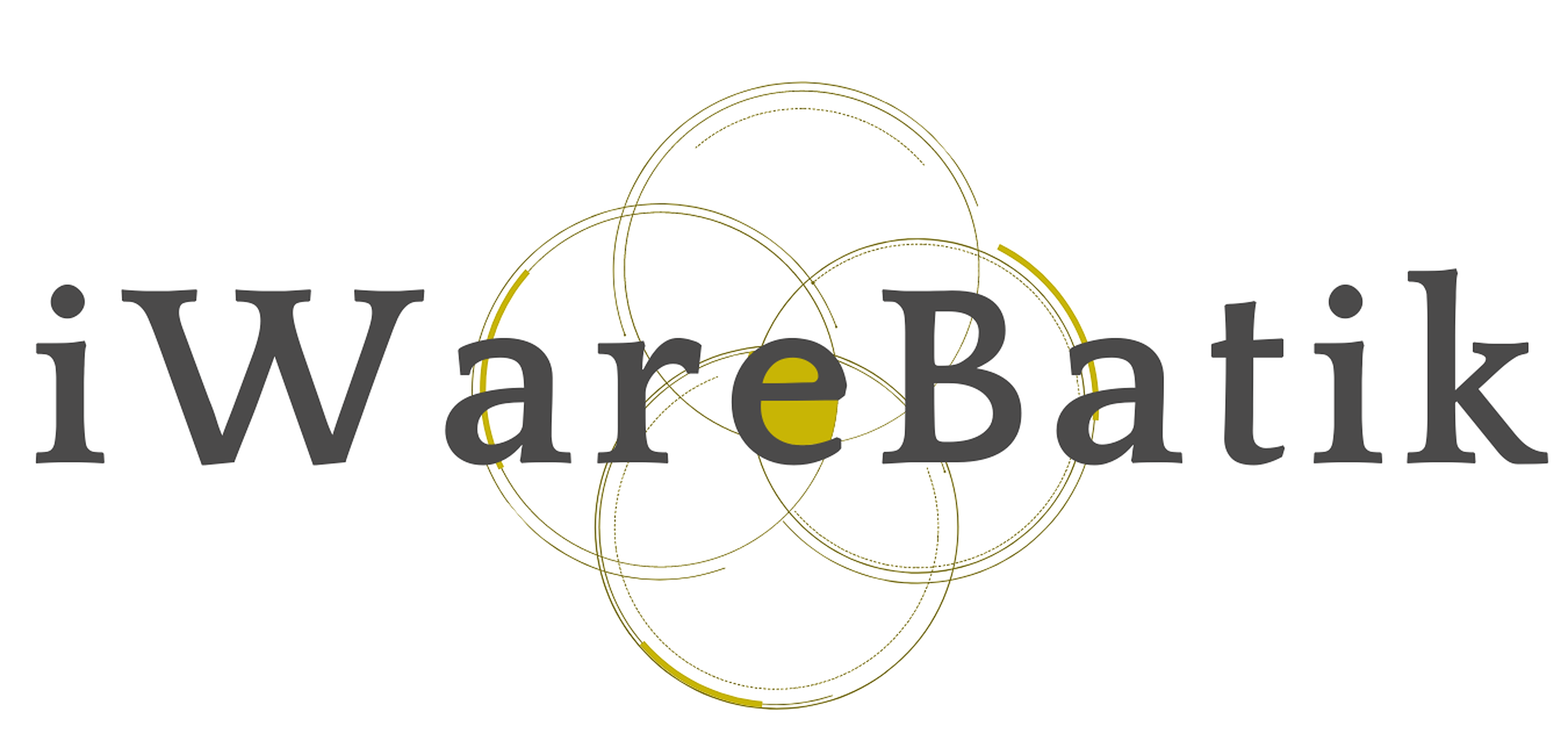Located on the island of Sumatra, Jambi Province has an area of 53,435.72 km2, with a total population of 3,570,272 people, most of whom (98%) are Muslim. Previously, Jambi Province was the cultural center of two major kingdoms that had flourished in this region, namely the Malay in the 14th Century and Jambi Kingdoms in the 16th Century. Jambi is not only known for its natural tourism but also it has a rich cultural diversity shown by its cultural heritage sites. Visitors can visit Karang Berahi Site, the Muaro Jambi Temple, the tombs of the kings, and the shape of Buddhist stupas in normal season or during annual local festivals. Long before the age of these kingdoms, the territory of Jambi was inhabited by prehistoric humans. Since the majority of Malay ethnic groups in Jambi are Muslim, the Islamic culture is more accentuated in Jambi. However, local people still preserve and maintain some traditions and festivals which were created during the Hindu and Buddhist era back in the 7-15th Century ago. These traditions are such as giving offerings at the holy places, burning incense, and various forms of traditional ceremonies which are held to for religious purposes. One of authentic cultural heritage that describes the identity of the Jambi community is the Jambi Traditional House.
The traditional house representing Jambi Province is named the Traditional House of Sepucuk Jambi Sembilan Lurah. The form of this traditional house is the traditional house form of the Malay tribe in Jambi called the Betiang house. Visitors could discover the cultural villages Jambi which offer an exquisite experience living with the locals and learning their local wisdom to cultivate the wonderful nature.
